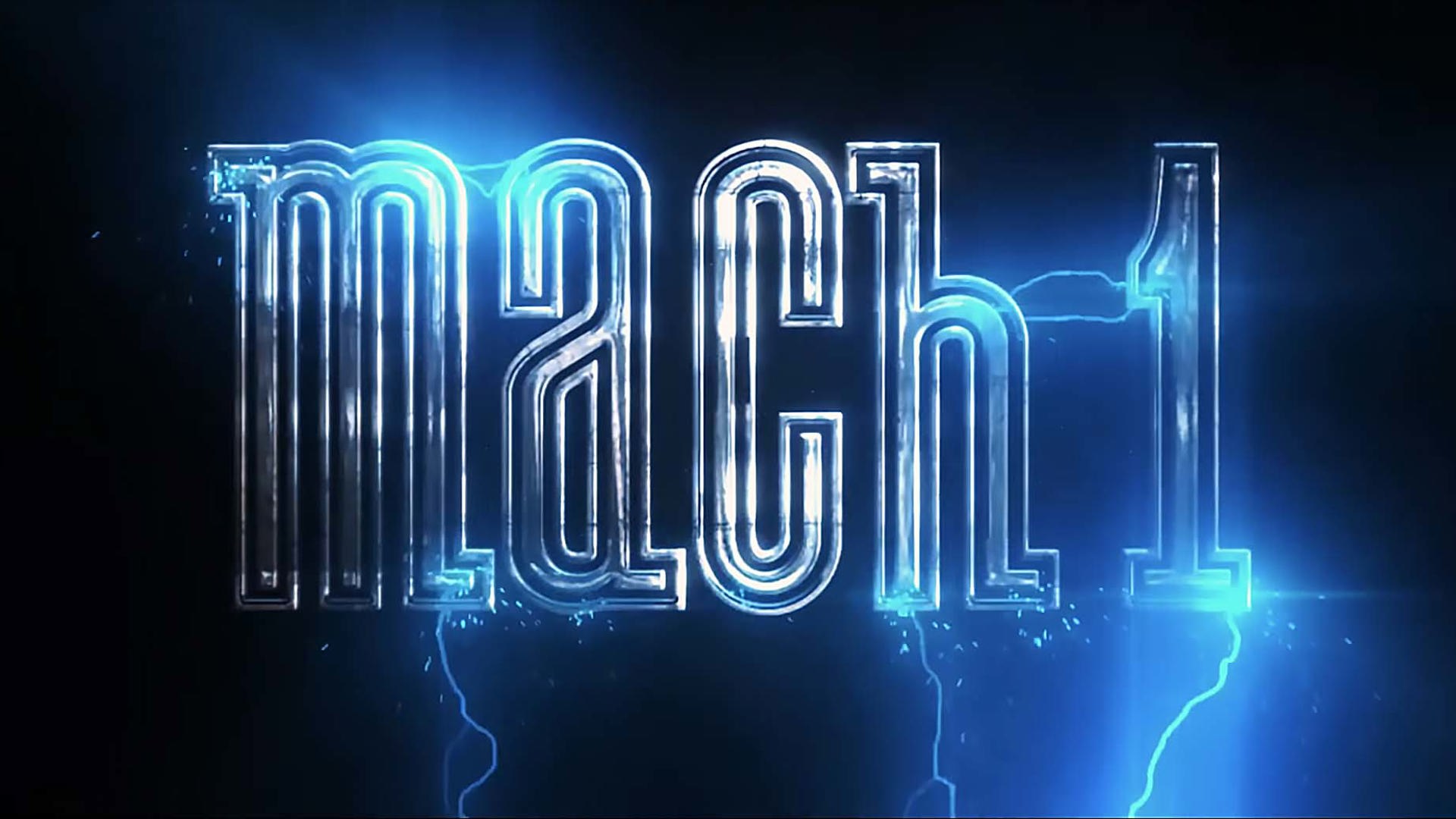Ford slipped a vague teaser into its press conference at the Detroit auto show, making reference to the Mach 1 moniker associated with the Mustang since 1969.
Its new iteration bears little direct connection with the origins of the term – the name-drop instead suggests an overarching philosophy as Ford forges ahead into electrification.
Here’s what we know: a crossover is being planned on a dedicated battery-electric platform and is slated for a 2020 launch. It will be fully electric, but Ford has no intention for it to be boring.
“It’s an inspiration for what we’re doing in the first vehicle for 2020, which will be a CUV,” says Sherif Marakby, Vice-president of Autonomous Vehicles and Electrification for Ford Motor Company. “Battery electrics can actually give you things that traditional powertrains cannot give you, like instant acceleration, the feel of regenerating electricity when you’re braking. It’s fun to drive.
“You saw the Mach 1 video having a Mustang V8 sound and then having an electric sound. There’s a lot behind that. We actually have teams that are studying the consumer [...] and what it is they’re looking for, what sounds should we make the vehicle do and as the vehicle is doing what, [and] the performance itself as you’re driving and accelerating and braking.
“Our plan for 2020 is an all-new electric vehicle that does exactly that. It has passenger space, luggage space, on an all-new platform, battery-electric, with an all-new architecture that has all the connectivity that people are looking for and the technology.
“The best way to describe it is the inspiration behind many of our BEVs, starting in 2020 with the first CUV.”
Ford also announced in Detroit that the company will invest $11 billion in vehicle electrification globally between now and 2022, which it has identified as a key timeframe within which consumer attitudes toward electric vehicles are expected to shift.
“Globally, we think that between 2020 and 2025 there’s going to be an inflection point where you start seeing … average people that are driving ICE engines saying, ‘This is something that actually has some cool features and gives me more of what I’m looking for,’” Marakby says.
Key to that shift is battery technology that allows for increases in range, an evolution that Ford plans to make use of in its 2020 BEV crossover.
“We’re planning an up-to-300 mile range, so that’s over 450 km.”

